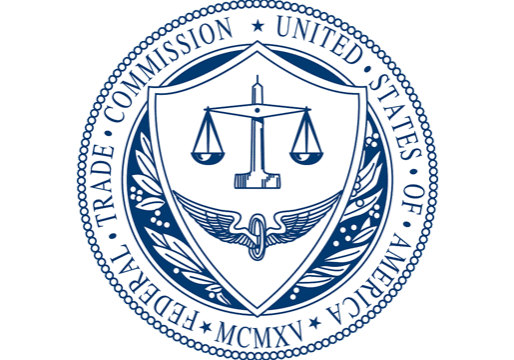FTC Process Before Filing a Lawsuit Over Marketing Claims
- Evan Howard
- May 5, 2025
- 3 min read
When the Federal Trade Commission (FTC) identifies potentially deceptive marketing claims, they follow a structured enforcement process designed to protect consumers while encouraging voluntary compliance. This process typically begins with investigations, evidence reviews, and requests for substantiation before escalating to warnings, settlements, or lawsuits. Businesses must ensure their advertising aligns with FTC guidelines, as failure to do so can lead to legal action, fines, or reputational damage. Below, we outline key steps in the FTC’s enforcement process and actionable insights for compliance.

1. Investigation and Evidence Review
The FTC first investigates the advertising claim, examining the ad from the perspective of a "reasonable consumer" to determine what message is conveyed, including both express and implied claims.
The FTC assesses whether the advertiser has sufficient evidence to support the claims made. Advertisers are required by law to have substantiation for both express and implied claims before the ad runs.
2. Initial Contact: Civil Investigative Demand (CID) or Inquiry
If the FTC suspects a violation, it typically initiates contact through a Civil Investigative Demand (CID) or a formal request for information. This compels the advertiser to provide documents, data, and substantiation for the claims in question.
3. Opportunity to Respond
The advertiser is given an opportunity to respond to the FTC’s concerns, either by providing substantiation, ceasing the challenged claims, or modifying the advertising.
If the advertiser cannot substantiate the claims, they may choose to revise or withdraw the ad, or conduct additional testing to support the claim.
4. Warning Letters or Negotiation
The FTC may issue a warning letter or enter into negotiations with the advertiser to resolve the issue without litigation. This can involve voluntary compliance, such as ceasing the deceptive practice or agreeing to make corrective disclosures.
5. Settlement Discussions
Often, the FTC and the advertiser will negotiate a settlement, which may result in a consent order. This legally binding agreement typically requires the advertiser to stop making the deceptive claims and to ensure future advertising is truthful and substantiated.
6. Escalation to Lawsuit
If the advertiser does not cooperate or the FTC determines that voluntary compliance is insufficient, the Commission may proceed to file a lawsuit seeking remedies such as injunctions, civil penalties, corrective advertising, or consumer redress.
Summary Table: FTC Pre-Lawsuit Process
Step | Description |
Investigation | Review of ad claims, context, and substantiation requirements |
Civil Investigative Demand | Request for documents and substantiation from advertiser |
Opportunity to Respond | Advertiser may provide evidence, withdraw, or revise claims |
Warning Letter/Negotiation | FTC may issue warnings or negotiate voluntary compliance |
Settlement Discussions | Possible consent order to resolve the issue without litigation |
Lawsuit | Filed if earlier steps fail or in egregious cases |
This process is designed to encourage compliance and correction before resorting to litigation, but the FTC can escalate to court action if necessary.
Howard Law is a business, regulatory and M&A law firm in the greater Charlotte, North Carolina area, with additional services in M&A advisory and business brokerage. Howard Law is a law firm based in the greater Charlotte, North Carolina area focused on business law, corporate law, regulatory law, mergers & acquisitions, M&A advisor and business brokerage. Handling all business matters from incorporation to acquisition as well as a comprehensive understanding in assisting through mergers and acquisition. The choice of a lawyer is an important decision and should not be based solely on advertisements. The information on this website is for general and informational purposes only and should not be interpreted to indicate a certain result will occur in your specific legal situation. Information on this website is not legal advice and does not create an attorney-client relationship. You should consult an attorney for advice regarding your individual situation. Contacting us does not create an attorney-client relationship. Please do not send any confidential information to us until such time as an attorney-client relationship has been established.




Comments